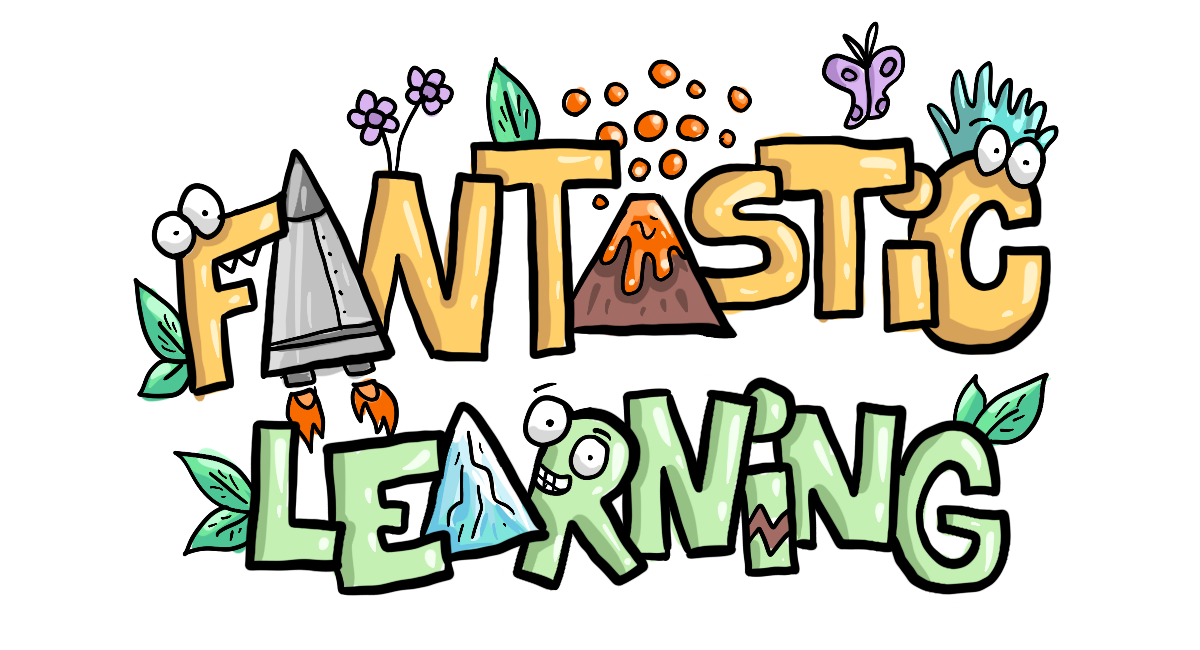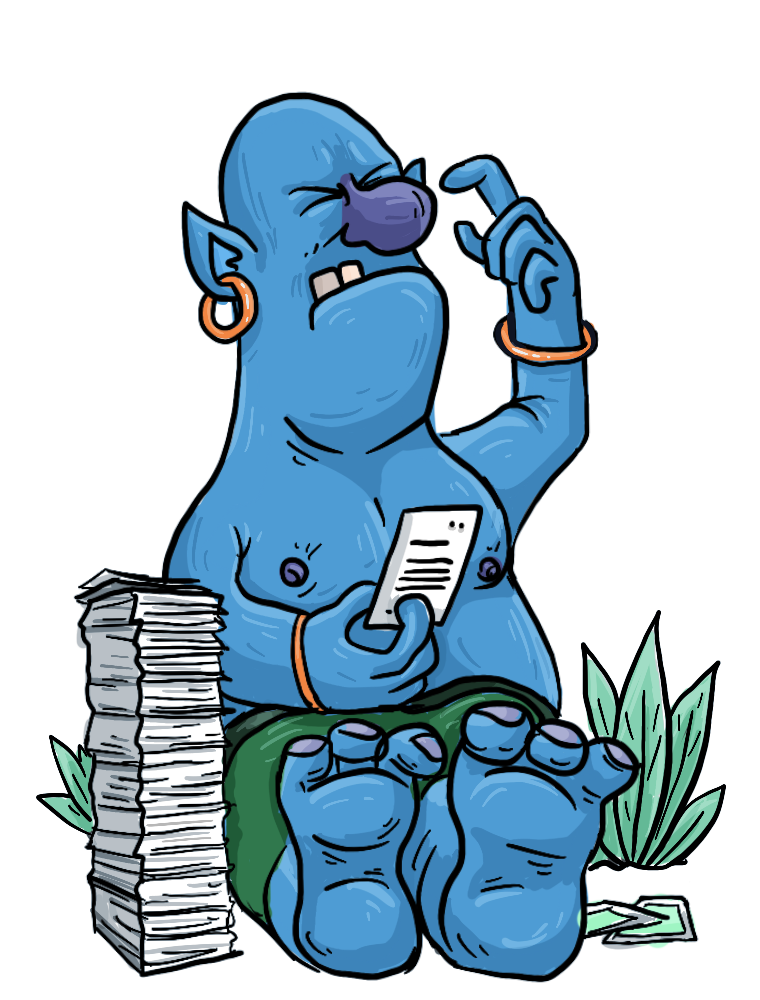Welcome to the fantastic world of learning!
Here, magical creatures will guide in your journey towards becoming a better learner. Each creature holds unique fragments of wisdom to share with you and help you become an expert learner.
If you find a topic you love, don't hesitate to follow the rabbit hole to discover more information on the topic!
































